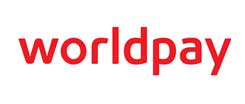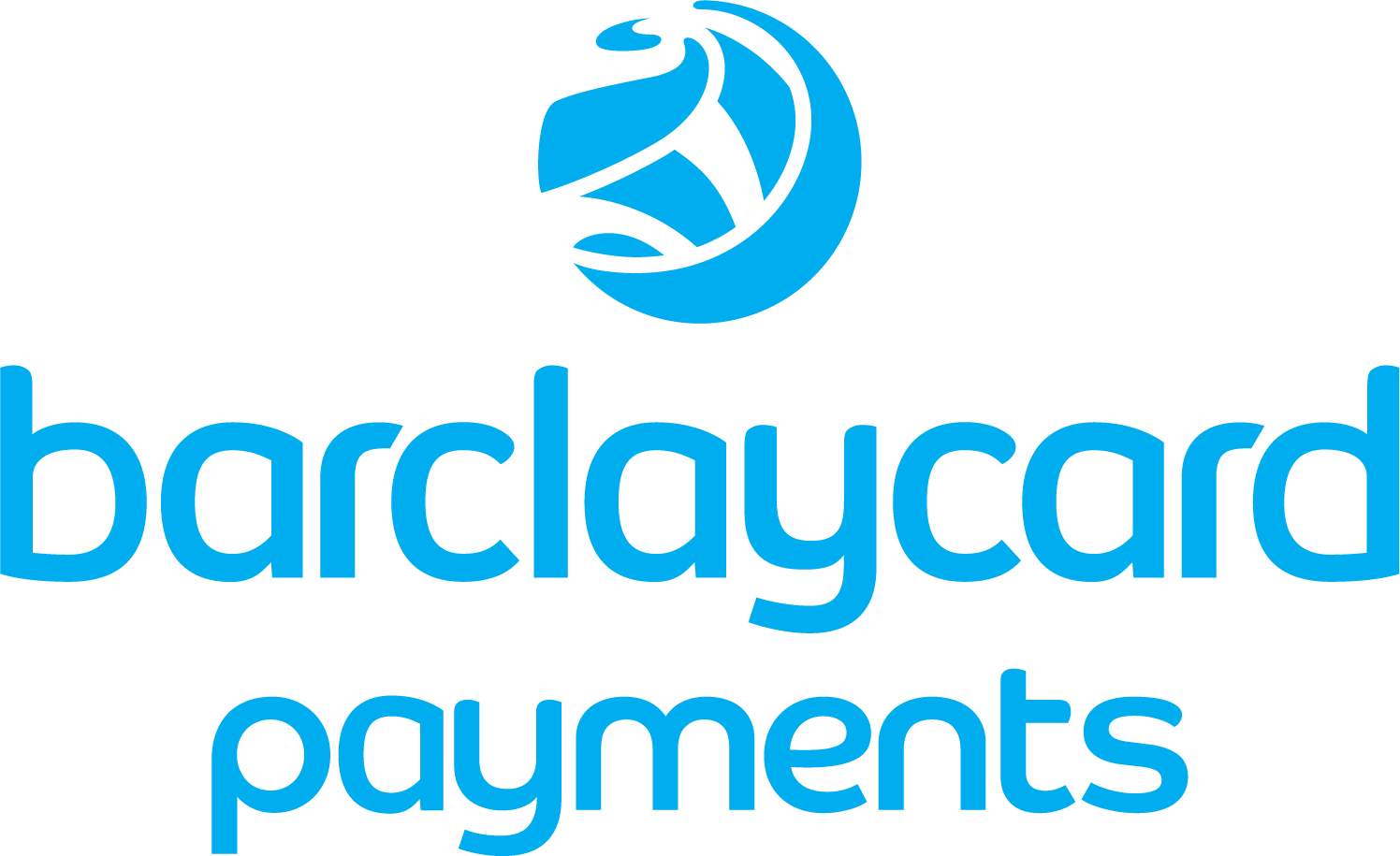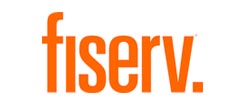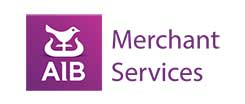- Accept card payments – lowest rates from 0.27%
- Keep your card processing fees to a minimum
- Direct access to the UK’s leading card processing banks
- We ensure your rates always remain competitive
No spam emails or calls
Choose from the payment methods then click Next
What's your turnover each month?
Enter the name of your company
Enter your company's postcode and contact number






Essential Guide to Choosing the Best Payment Card for Your Needs
In today’s fast-paced, cashless society, card payments and payment cards have become indispensable tools for managing money, making purchases, and accessing financial services. Whether you’re looking for a credit card, debit card, or a card that integrates with mobile banking apps like Google Pay, choosing the right payment card can significantly impact your financial health and convenience. This guide will walk you through everything you need to know to select the best payment card for your needs in the UK, covering key features, benefits, and common questions.
Understanding Payment Cards: Credit vs. Debit
Payment cards come in two primary forms: credit cards and debit cards. Both are widely accepted across the UK, but they function differently and serve distinct purposes.
What is a Payment Card?
A payment card is a versatile financial tool issued by a bank or other financial institution, designed to facilitate transactions and access funds in your bank accounts or credit accounts. These cards come in various forms, including credit cards, debit cards, charge cards, and prepaid cards, each serving different financial needs and preferences.
Payment cards are typically plastic and feature a unique card number, the cardholder’s name, and an expiration date. They are electronically linked to one or more accounts belonging to the cardholder, allowing for a wide range of financial activities. Whether you’re making purchases, withdrawing cash, or transferring funds, payment cards offer a convenient and secure way to manage your money.
Debit Cards
A debit card is linked directly to your bank account. When you make a purchase, the funds are deducted immediately from your account, provided you have sufficient funds. Debit cards are ideal for everyday spending, as they help you avoid debt by limiting your spending to the money you already have. They are also widely accepted for contactless payments, making them a convenient payment method for small transactions. Debit cards are also a secure way for businesses to accept card payments, ensuring that transactions are processed quickly and safely.
Credit Cards
A credit card, on the other hand, allows you to borrow money up to a predetermined credit limit set by the card issuer. You’ll need to repay the borrowed amount, often with interest, by the due date or in minimum payments. Credit cards are useful for larger purchases, building credit history, and taking advantage of perks like cashback, balance transfers, or rewards programs. However, they require careful management to avoid accumulating debt.
Key Factors to Consider When Choosing a Payment Card
1. Your Spending Habits and Financial Goals
Before selecting a payment card, assess your spending habits and financial goals. For example:
- If you prefer to manage your spending within your current income, a debit card may be the best option.
- If you want to borrow money for larger purchases or spread the cost over time, a credit card could be more suitable.
- If you frequently shop online or use your phone for payments, consider a card that integrates with Google Pay or other mobile banking apps.
2. Fees and Interest Rates
Payment cards often come with associated costs, such as annual fees, interest rates, and transaction fees. For credit cards, the interest rate (APR) is particularly important, as it determines the cost of borrowing. Look for cards with low APRs or 0% interest introductory offers if you plan to carry a balance.
Debit cards typically have fewer fees, but some banks may charge for overseas transactions or ATM withdrawals. Always verify the fee structure with your issuing bank or financial institution.
3. Credit Limit and Eligibility
For credit cards, the credit limit is a crucial factor. This is the maximum amount you can borrow, and it’s determined by the card issuer based on your credit history, income, and other factors. If you’re new to credit or have a limited credit history, you may be eligible for cards designed for beginners with lower credit limits.
4. Security Features
Security is a top priority when choosing a payment card. Look for features like contactless payments with a spending limit, PIN protection, and fraud detection systems. Many cards also offer secure integration with mobile banking apps, allowing you to monitor transactions, freeze your card, or report issues instantly.
These security features are crucial for ensuring that card payments are processed securely, protecting both the cardholder and the merchant from potential fraud.
5. Rewards and Perks
Some payment cards offer rewards programs, such as cashback, points, or travel miles. These can add significant value if you use your card frequently. For example, a credit card with cashback on everyday purchases can help you save money over time. Similarly, some debit cards offer perks like free balance transfers or discounts at specific merchants.
6. Accessibility and Support
Consider how easy it is to access your card’s services. Many UK banks and financial institutions offer customer support through phone, online chat, or in-branch services. Some even provide mobile banking apps that allow you to manage your account, verify transactions, and contact support directly from your phone.
Additionally, check if your card is accepted at places you frequent, such as the Post Office, local businesses, or online merchants. Most UK cards are part of major networks like Mastercard or Visa, ensuring wide acceptance.
Popular Payment Card Options in the UK
1. Debit Cards
Debit cards are the most common type of payment card in the UK, offered by nearly all bank accounts. They are ideal for everyday spending, paying bills, and withdrawing cash from ATMs. Many UK banks also offer contactless payments and integration with Google Pay for added convenience.
2. Credit Cards
Credit cards are available from a variety of issuing banks and other lenders. They are particularly useful for larger purchases, building credit, or taking advantage of 0% interest offers on balance transfers or purchases. Some popular options include cashback credit cards, travel rewards cards, and cards designed for those with limited credit history.
3. Prepaid Cards
Prepaid cards are a hybrid between debit and credit cards. You load money onto the card in advance, and you can only spend up to the loaded amount. These cards are useful for budgeting, online shopping, or as an alternative to carrying cash.
4. Business Cards
If you run a business, consider a dedicated business payment card. These cards often come with features like detailed receipts, expense tracking, and higher credit limits to help you manage company finances.
How to Apply for a Payment Card
Applying for a payment card in the UK is straightforward. Here’s a step-by-step guide:
- Check Eligibility: Verify that you meet the card’s eligibility criteria, such as age, income, and credit history.
- Compare Options: Use comparison tools to evaluate different cards based on fees, interest rates, and rewards.
- Submit an Application: Complete the application form online, via a mobile banking app, or in-branch. You’ll need to provide personal details, income information, and proof of identity.
- Wait for Approval: The card issuer will review your application and may perform a credit check. Approval times vary but are often instant for debit cards.
- Activate Your Card: Once approved, you’ll receive your card in the post. Follow the instructions to activate it and set up your PIN.
Managing Your Payment Card
Once you have your payment card, it’s essential to use it responsibly. Here are some tips:
- Monitor Transactions: Regularly check your account through your bank’s mobile banking app or online portal to verify transactions and detect any unauthorized activity.
- Pay On Time: For credit cards, always make at least the minimum payment by the due date to avoid late fees and damage to your credit score.
- Avoid Overspending: Stick to your budget and avoid maxing out your credit limit to maintain a healthy balance.
- Use Security Features: Enable contactless payments with a spending limit, and always keep your PIN secure.
Mobile Banking App
In today’s digital age, a mobile banking app is an indispensable tool for managing your finances on the go. These apps, provided by banks and financial institutions, allow you to access your bank accounts and perform various transactions directly from your mobile device. With a mobile banking app, you can check your account balances, transfer funds, pay bills, and even make payments using your credit or debit cards.
One of the standout features of mobile banking apps is their integration with mobile wallets and contactless payment methods like Google Pay. This allows you to make secure, contactless payments using your smartphone, adding an extra layer of convenience to your financial transactions. Whether you’re at a store, online, or on the move, a mobile banking app ensures that your financial management is always at your fingertips.
Alternatives to Payment Cards
While payment cards are incredibly popular, they are not the only payment method available. For those who prefer not to use payment cards or do not have access to traditional banking services, several alternatives can be just as effective:
- Cash: The most traditional form of payment, cash is widely accepted and can be used for everyday purchases and bill payments.
- Cheques: Although less common today, cheques are still a viable option for making payments, especially for larger amounts or formal transactions.
- Bank Transfers: Direct bank transfers allow you to move funds from your bank account to another person’s account, offering a secure and straightforward payment method.
- Mobile Wallets: Services like Google Pay enable you to make payments using your mobile device, providing a modern and convenient alternative to physical cards.
These alternatives ensure that everyone has access to a suitable payment method, regardless of their banking situation.
Post Office and Other Alternatives
The Post Office in the UK offers a range of financial services that can serve as an alternative to traditional banking. From payment cards and bank accounts to loans, the Post Office provides accessible financial solutions for those who may not have access to conventional banks. Their mobile banking app further enhances convenience, allowing users to manage their accounts and conduct transactions on the go.
In addition to the Post Office, other alternatives include credit unions, community banks, and online banking platforms. These institutions often offer more flexible and accessible financial services, including payment cards, loans, and savings accounts. By exploring these options, you can find a financial institution that best meets your needs, providing you with the tools and support necessary to manage your finances effectively.
Common Questions About Payment Cards
1. Can I use my payment card abroad?
Most UK payment cards are accepted internationally, but check with your issuing bank for any fees or restrictions.
2. What should I do if my card is lost or stolen?
Contact your bank immediately to report the issue. Most banks allow you to freeze your card through their mobile banking app.
3. How do I improve my chances of being approved for a credit card?
Maintain a good credit history, ensure your income is sufficient to repay the debt, and avoid applying for multiple cards at once.
4. Are contactless payments secure?
Yes, contactless payments are secure, with built-in limits and fraud protection. However, always monitor your transactions for any unusual activity.
Conclusion
Choosing the best payment card for your needs requires careful consideration of your spending habits, financial goals, and the features offered by different cards. Whether you opt for a debit card, credit card, or a card that integrates with Google Pay and mobile banking apps, the right choice can help you manage your money effectively, make secure transactions, and even earn rewards.
By understanding the differences between card types, comparing options, and using your card responsibly, you can make the most of your payment card and enjoy greater financial flexibility in the UK.
This guide provides a comprehensive overview of payment cards, helping UK readers make informed decisions while incorporating essential SEO keywords naturally throughout the content.